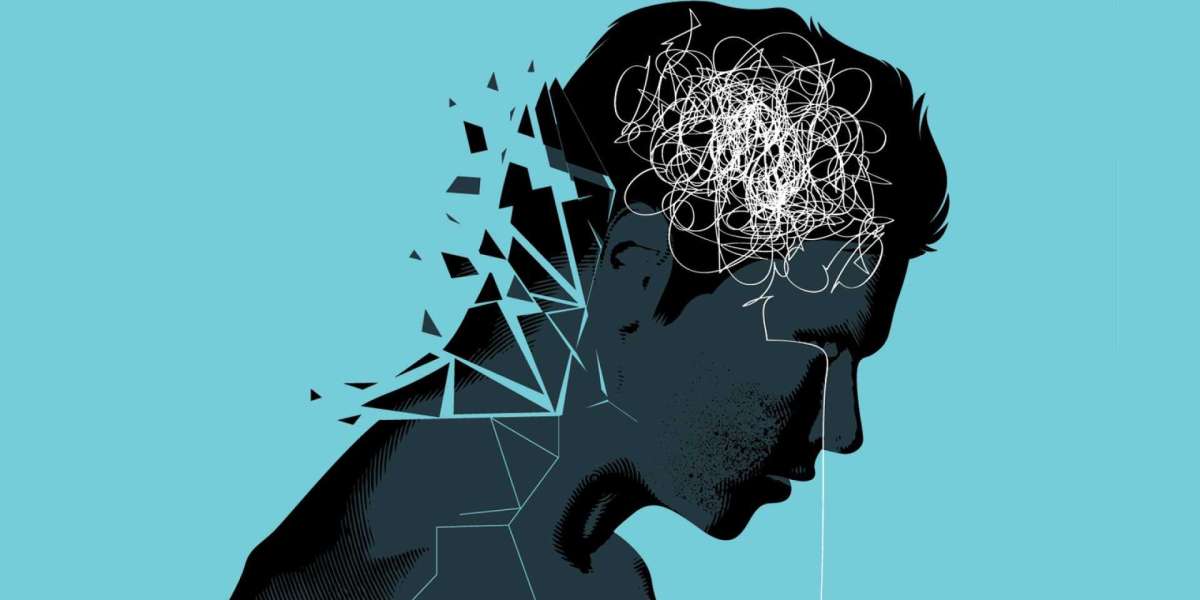Mental Health is a broad term that includes the physical, emotional, and psychological well-being of an individual. It affects cognition, perception, behavior, and interpersonal relationships. Basically, it determines how an individual handles stress, making decisions, and how he or she handles interpersonal relationships.
Mental health influences cognition, perception, and behavior
Mental health is the overall state of psychological, emotional and behavioral well-being. In general, it emphasizes flexibility and capability to face life's challenges. Moreover, it is a continuum with peak mental health being the state at which individuals maintain ongoing happiness and wellness.
Mental health is influenced by several factors such as anxiety, depression, and personal distress. There are effective treatments for mental disorders. These include psychosocial interventions, behavioural interventions, and medication.
A number of mental disorders are characterized by disturbances in cognition, perception, and behavior. The most common of these are depressive and anxiety disorders. Some people have more than one mental health disorder at once.
Some disorders are triggered by external events. For instance, post-traumatic stress disorder (PTSD) may develop after an intensely stressful event. Symptoms may be persistent for weeks.
PTSD is a form of psychological illness that can be treated successfully. People with PTSD experience feelings of trauma and thoughts that their lives are in danger. They also re-experience the traumatic event in the present.
It affects cognition, interpersonal relationships, and decision-making
It is no secret that mental health has a big role to play in our lives. Aside from the well known maladies like depression and anxiety, there are many other factors that contribute to our overall wellbeing. For instance, living in an economically deprived locale can have an effect on our overall mental and physical health. On the other hand, living in an affluent area may be a boon as it provides more resources for achieving one's full potential. In fact, it is not uncommon for individuals to have more than one mental illness at a time. Thus, the knowledge of which ills which is crucial to a successful mental health care strategy.
The good news is that there are plenty of mental health solutions in the market. Fortunately, these solutions can be found in the form of a range of cognitive and behavioral interventions. Among the most important are cognitive training, psychiatric intervention, and medication. Other measures include social, economic, and physical safety, and a strong support system.
Resilience
Resilience is a complex multi-system process that involves interaction between the individual and the environment. It is the ability to adapt to stressors and return to a normal state of health.
Resilience can be considered as an effective defence against mental illness. There are many studies that support the link between resilience and mental health.
The American Psychological Association (APA) defines resilience as the capability to adapt to adversity. Some research suggests that resilience has the capability to reduce the risk of suicide in depressive individuals.
Resilience is often associated with the capability to cope with negative emotions and avoidance of harmful behaviours. The ability to do this in the face of adversity is known as active coping.
A flurry of meta-analyses has been published in the last few years that have investigated the relationship between resilience and mental health. While some studies have shown that resilient people are healthier, others have not.
Resilience has been shown to help prevent the development of psychopathology, and may even reduce the risk of developing depression symptoms in patients with anxiety or bipolar disorder.
Addressing stigma
Stigma is a negative attitude toward a person or group. It can be caused by gender, race, religion, sexuality, or a health condition. This attitude can prevent people from seeking help, and may even lead to discrimination. People who are stigmatized are less likely to seek treatment and to adopt healthy behaviors.
In many cases, stigmatization occurs simultaneously on multiple levels. While stigma is an issue that affects individuals, it also has implications for providers, organizations, and local communities.
The intersectional nature of stigma can make the experience more intense. Consequently, more research is needed to understand the causes, the effect of stigma, and the factors that will impact the implementation of interventions.
In addition, it's important to consider structural stigma, which is the way in which policies and practices limit opportunities for individuals with mental illness. For example, structural stigma can make it difficult to access support in the workplace. It can also limit mental health services, such as in the case of lower funding for mental health research.



